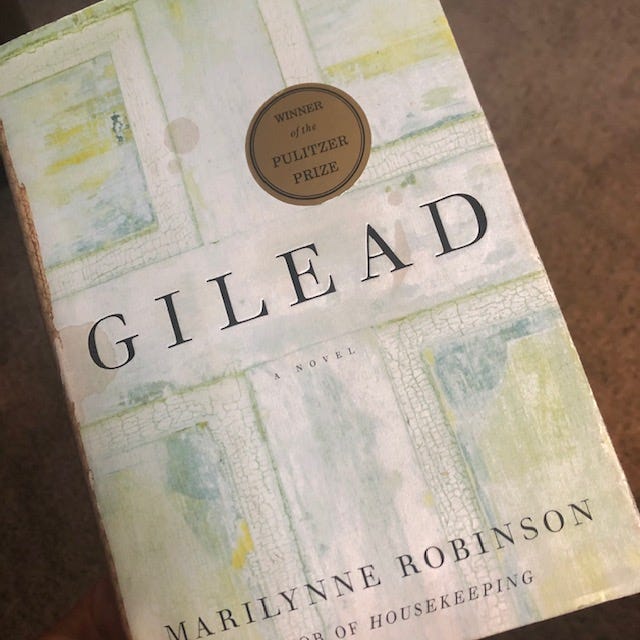One day this winter, my seven-year old son remarked (quite innocently) that I was “almost always crabby.”
I can’t remember the circumstances that prompted his comment, but my face must have registered disappointment—because he quickly tried to soften the blow:
“I said almost, Mom! Not always.”
It was a feeble consolation prize.
I confess these have not been my finest parenting days. In the earliest months of the pandemic, I heard countless references to the pandemic as a “wilderness.” And while I have grown weary of the metaphor, it certainly fits.
My own wilderness this year has not involved blowing sand or essential worker status; instead, the terrain has looked more like endless stacks of dishes while overseeing virtual school and work. It’s the near-constant mess, I think, which has provoked my crabbiness. There is a school desk in our dining room. A full-on desktop computer has been set up in front of my husband’s living room chair. Art supplies are littered across the floor, while half-eaten plates of food linger on the table for hours. (Just now, my daughter walked over to me, handed me the wrapper off her granola bar, and wandered away.)
In January, we lost two relatives to the virus, which was the peak of my own wilderness experience. I’m sensitive even on a good day; I’m afraid “almost always crabby” plus “cries every day” has been a rough combination.
During this long year, I’ve been spending time with Marilynne Robinson’s masterpiece Gilead. The fictional John Ames (who also lived through a pandemic) has parented me, in a way, with his ambling, gentle tone, and his own honest struggles to extend grace and find redemption.
In one section of the book, Reverend Ames interprets the story of Hagar and Ishmael in the wilderness. I have always read that story as primarily about Hagar (and, I confess, I have often experienced a sudden burst of anger towards Abraham and Sarah at that point in the narrative). But Ames reads the moment as more about the relationship between Abraham and Ishmael, concluding that God still provides for Abraham’s child, even when Abraham fails—even when Ishmael must be sent into the wilderness.
John Ames, like me, has a seven-year-old son. Reverend Ames is such a dear father that it’s hard for me to believe his son would ever call him “almost always crabby” (although I would like to point out that John Ames never had to manage virtual school). Even so, Ames has a surrogate son, of sorts, whom he struggles to love well. Perhaps we all live out our own versions of wilderness parenting. Perhaps we all struggle to believe grace will meet us—and our children—there.
I have just put down Gilead one Friday morning, when my kids request to have an impromptu dance party. Their music of choice these days is techno. My husband recently created a wordless techno playlist for them, which they love. Techno music is one of the things that can send me into “almost always crabby” mode—but virtual school doesn’t start for another hour, so I decide to let them party.
As they dance around the living room, their pandemic hair, long and unkempt and cut unevenly, bounces. They plunge onto the couch and make faces in the mirror, sending a few throw pillows across the room in the process. In spite of the mess and chaos—in spite of my imperfect parenting—their delight puts a crack in my crabbiness.
I laugh.
It has not been an easy year, and while I wish I could revise my son’s “almost always” comment to “never,” I remember John Ames, writing to his own son. “There will indeed be angels in that wilderness,” he says (129).1
I think I’ll write that story down for my kids, too.
This post is part of a blog hop with Exhale—an online community of women pursuing creativity alongside motherhood, led by the writing team behind Coffee + Crumbs. Click here to view the next post in this series "Make A Mess."
Robinson, Marilynne. Gilead. Farrar, Straus and Giroux, 2004.




